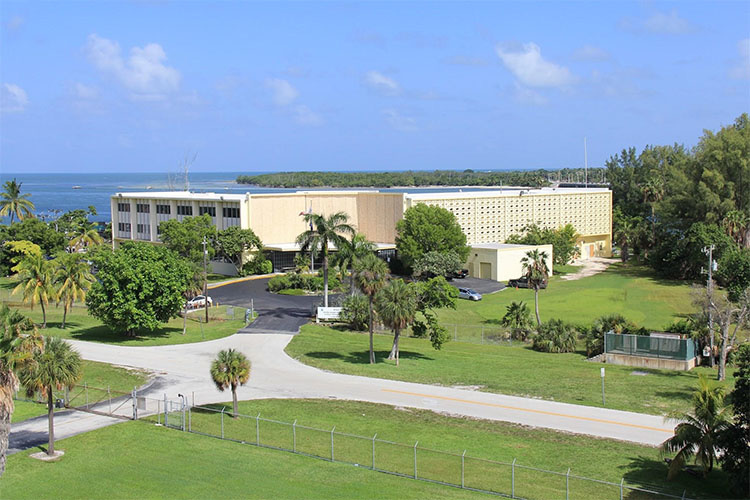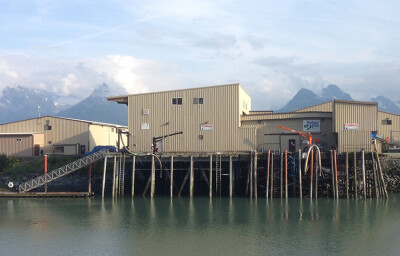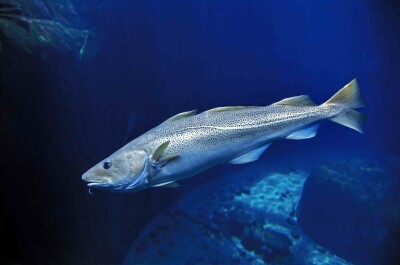City officials in Miami are urging the federal government to keep NOAA at its current facilities on the Virginia Key amid reports that the agency is considering relocation the Southeast Fisheries Science Center nearly 300 miles north to St. Petersburg.
The agency is reportedly considering relocation because the facilities on Virginia Key are outdated and need significant improvements, according to Miami Today.
Miami Mayor Francis Suarez and Commission Vice Chairman Ken Russell have co-sponsored a resolution they hope will convince the agency to stay put.
According to the resolution, the center's Miami lab has a budget that ranges from $15 million to $17 million, most of which supports salaries for about 170 masters and Ph.D. level scientists and researchers.
The facilities are also home to, NOAA’s Cooperative Institute for Marine and Atmospheric Studies, which funds and coordinates scientific research with the University of Miami Rosenstiel School of Marine and Atmospheric Science, Florida International University and other university programs in South Florida.
The resolution also asks Miami-Dade County, the University of Miami, the UM Rosenstiel School of Marine and Atmospheric Science, Florida International University, members of the South Florida congressional delegation, the Miami-Dade County legislative delegation, and others “to advocate for and take other affirmative steps to promptly address NOAA’s needs and encourage and enable NOAA and its Cooperative Institute for Marine and Atmospheric Studies to maintain their full presence and mission on Virginia Key.”
“The city considers it a materially adverse development for NOAA to relocate SEFSC or any other fishery headquarters, which would set back pending research dealing with critical local issues such as hurricane intensity, weather research, fish population sustainability, and coral reef health, diminishing the Greater Miami area’s standing for future investments and compromising the reliability and effectiveness of future collaborations between NOAA and RSMAS,” the resolution concludes.
While a relocation is on the table, NOAA research could stay on the Virigina Key in a new or renovated facility.
“Rather than leaving Virginia Key, there has never been a better opportunity in Virginia Key to build on excellence and continue to be the beacon of knowledge and crucial problem-solving that our partnership has provided,” said Roni Avissar, dean of the Rosenstiel School. “We have an extremely successful and enduring 40 year relationship in researching solutions to pressing problems facing the world.”







